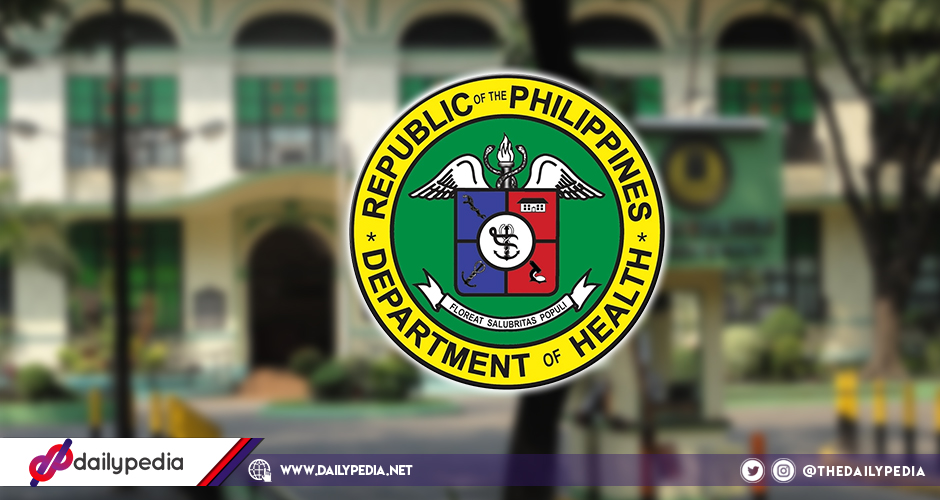- Department of Health extends assistance to 27 Dengvaxia-vaccinated school children from Central Luzon
- The DOH regional Health office also provided counseling services to parents and schoolchildren who sought consult because of fear of acquiring a severe form of dengue.
The Department of Health (DOH) reported that it has extended assistance to 27 Dengvaxia-vaccinated schoolchildren aged between 11 and 16 years old from Central Luzon.
The types of assistance given include ambulance service to transport patients dengue screening tests for out-patient consults and hospitalization through Philhealth and the DOH Medical Assistance Program for patients who were not qualified for Philhealth reimbursement. The DOH regional Health office also provided counseling services to parents and schoolchildren who sought consult because of fear of acquiring a severe form of dengue.

“We are very concerned about addressing the health needs of the vaccinated children and ensuring that they get immediate and quality care and management. We encourage the parents to immediately seek consult from health professionals as soon as they see signs and symptoms of dengue in their children such as fever, rashes and joint and body pains. With early management we can improve the outcome of severe dengue, ” Health Secretary Francisco T. Duque III said.
Secretary Duque added that the DOH is also collecting reports in other regions on the assistance it has provided to Dengvaxia-vaccinated schoolchildren.
All of the 27 patients admitted at the Jose B. Lingad Memorial Regional Hospital in Pampanga were previously vaccinated with Dengvaxia and had history of other illnesses. Upon admission, the students complained of loose watery stools, fever, vomiting, cough and colds, rashes, and body pain. Majority of these patients were from Pampanga.

A lone 12-year old female patient died due a congenital disease that affected the blood vessels of the brain which apparently became the source of bleeding that affected the brain. The admitting diagnosis of the said patient revealed a case of brain herniation secondary to AV malformation (tangled abnormal blood vessels in the brain). This was confirmed by medical history and the Cranial CT scan performed on the patient.
As of 17 January 2018, Jose B. Lingad Memorial Regional Hospital reported that there were 27 (13 males, 14 females) admitted Dengvaxia-vaccinated patients presently under their care, 24 were discharged, while three are still under confinement.
Upon admission, all had fever. Nineteen (19) consults were received from patients with history of exposure who were not admitted.
Jose B. Lingad Memorial Regional Hospital Chief Dr. Monserrat Chichioco reported that five patients were classified with severe dengue, (18) with warning signs and one (1) without warning signs. Dengue’s warning signs include persistent vomiting, decreasing platelet count, persistent abdominal pain, mild bleeding episode (petecchiae, bleeding gums). Other admissions were not Dengue cases. One (1) with Amoebiasis with moderate dehydration, One (1) with Blood Dyscrasia and One (1) with Brain Herniation secondary to Intracranial bleed secondary to AV Malformation.
The health chief appealed to the public to practice the DOH’s 4S campaign to prevent dengue. These are a) Search and destroy mosquito breeding sites b) Self-protective measures c) Seek early consultation and d) Say yes to selective fogging during an impending dengue outbreak.
“Because dengue is a year-round disease in the country, dengue will continue to happen. Dengvaxia does not provide 100% protection, hence those vaccinated whether previously seropositive or seronegative, may still contract dengue. The DOH shall continuously monitor all schoolchildren who complains of any symptom of dengue and will extend assistance to everyone in need,” Secretary Duque concluded.



